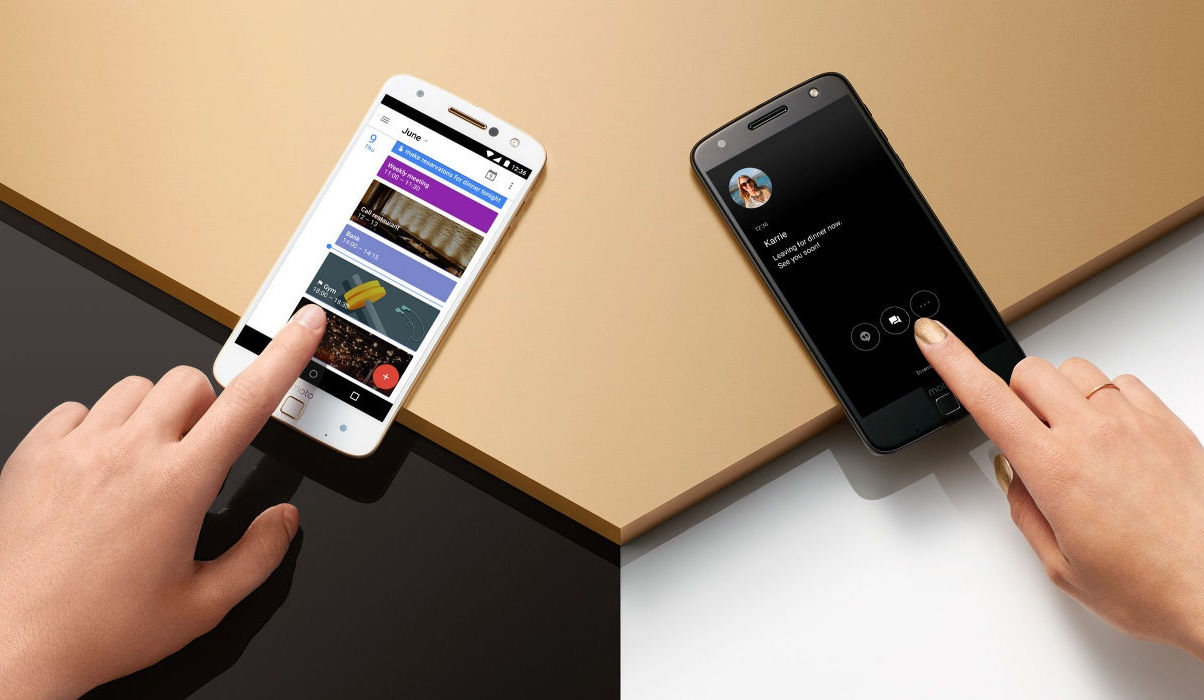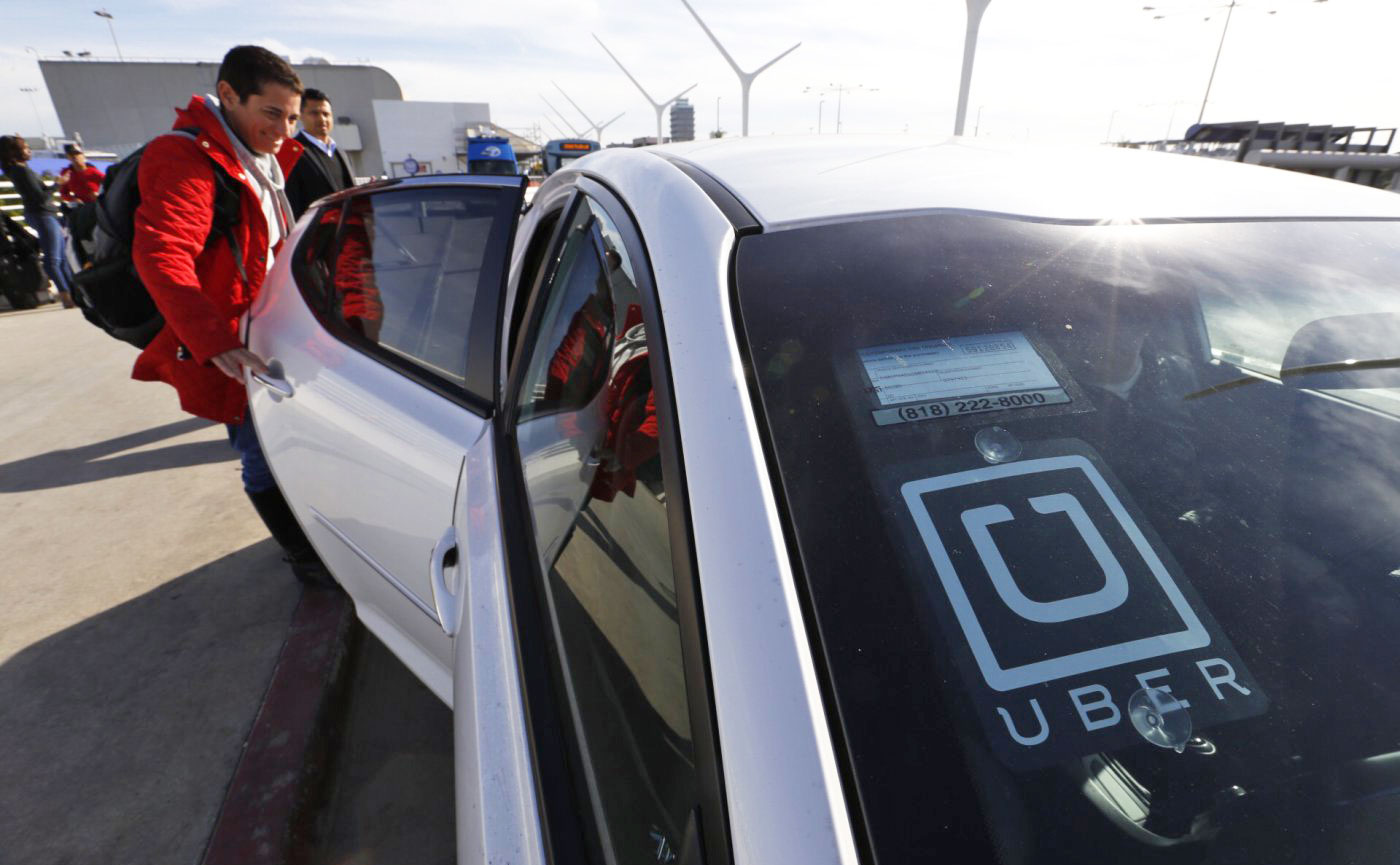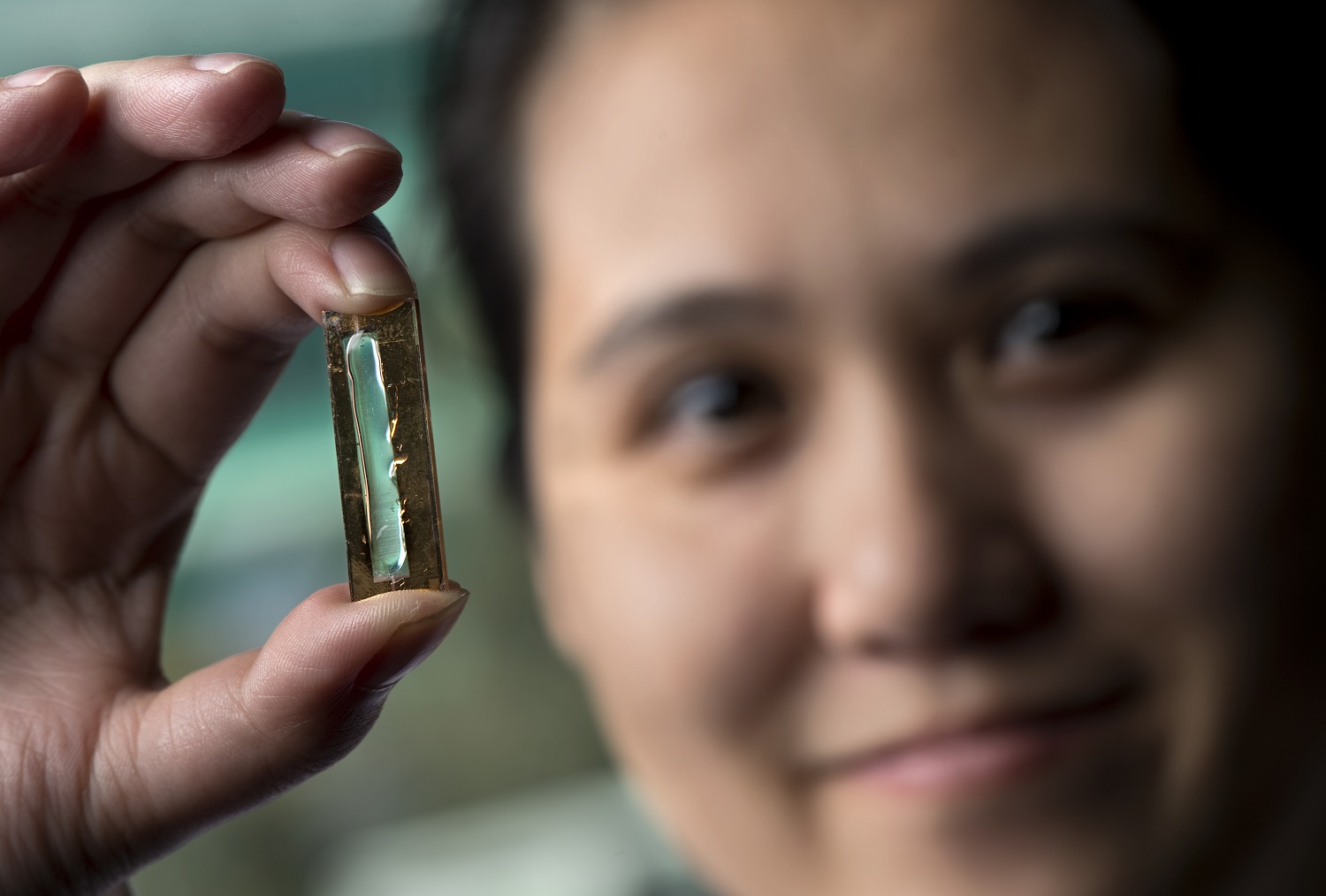
We praised Toshiba's last flagship Ultrabook for its brilliant screen and speedy boot-up time, but the company's newest Kirabook has a notable new feature -- an estimated 22 hours of battery life. Intel's new Haswell chips may have shifted our expectations of what we expect laptops can deliver battery-wise, but almost running a whole day remains an impressive feat. That's Toshiba's claim for its new Dynabook KIRA V654, which sidesteps touch compatibility on its 13-inch 1,366 x 768 resolution screen to add to the battery savings and weighs in at just 1.12kg. Alongside an additional high-resolution model (2,560 x 1,440), if you simply must have swipeable screens on your Windows 8 machine, there's also the similarly-sized Dynabook Kira V834, although that model will only manage a paltry 14 hours of work and / or play. (We kid.)
The two machines will launch in Japan on 20th November, with the touch-capable V834 starting at 153,000 yen ($1,530), while the endurance-specialized V634 will start at 144,000 yen (roughly $1,446). As is often the way with these made-in-Japan PCs, there's no word on whether the rest of the world will get to see either model yet, but we'll let you know if we hear anything from Toshiba.
Filed under: Laptops
Comments
Via: Engadget Japanese
Source: Toshiba
 We don't have an official release date for Lenovo's next Moto handset just yet, but we do have a leaked set of specs that hint at what's to come. According to some grainy renders that made the rounds earlier this week, the Moto M will be the first Mo...
We don't have an official release date for Lenovo's next Moto handset just yet, but we do have a leaked set of specs that hint at what's to come. According to some grainy renders that made the rounds earlier this week, the Moto M will be the first Mo...
 We don't have an official release date for Lenovo's next Moto handset just yet, but we do have a leaked set of specs that hint at what's to come. According to some grainy renders that made the rounds earlier this week, the Moto M will be the first Mo...
We don't have an official release date for Lenovo's next Moto handset just yet, but we do have a leaked set of specs that hint at what's to come. According to some grainy renders that made the rounds earlier this week, the Moto M will be the first Mo...
 Microsoft says it has made the Edge browser on the Windows 10 Anniversary Update even more efficient than the previous version, and is again boasting about its performance compared to rivals. When streaming Netflix, the new tweaks will help your Wind...
Microsoft says it has made the Edge browser on the Windows 10 Anniversary Update even more efficient than the previous version, and is again boasting about its performance compared to rivals. When streaming Netflix, the new tweaks will help your Wind...
 Google isn't buying Microsoft's claims that Chrome's battery life is terrible. The search pioneer has posted a video showing the battery life improvements between last year's Chrome 46 and the just-launched Chrome 53, and it's clear that Google is ta...
Google isn't buying Microsoft's claims that Chrome's battery life is terrible. The search pioneer has posted a video showing the battery life improvements between last year's Chrome 46 and the just-launched Chrome 53, and it's clear that Google is ta...
 The Surface Pro 3 has been plagued with a software problem that causes some tablets to quickly lose power once unplugged from a charger, but a firmware update released today squashes the battery bug. Microsoft first acknowledged the problem in July a...
The Surface Pro 3 has been plagued with a software problem that causes some tablets to quickly lose power once unplugged from a charger, but a firmware update released today squashes the battery bug. Microsoft first acknowledged the problem in July a...
 It's no surprise that Uber knows a lot about its customers based on their use of its ride-hailing app. Speaking with NPR's Hidden Brain podcast this week, the company's head of economic research Keith Chen revealed when we're most likely to pay more...
It's no surprise that Uber knows a lot about its customers based on their use of its ride-hailing app. Speaking with NPR's Hidden Brain podcast this week, the company's head of economic research Keith Chen revealed when we're most likely to pay more...
 Today, most smartphone and device batteries are made from lithium and slowly lose capacity over thousands of recharges. Researchers at UC Irvine built a battery that substituted gold nanowire in electrolyte gel for the lithium and lost barely 5% batt...
Today, most smartphone and device batteries are made from lithium and slowly lose capacity over thousands of recharges. Researchers at UC Irvine built a battery that substituted gold nanowire in electrolyte gel for the lithium and lost barely 5% batt...
.jpg) A few days ago, it was revealed that the A9 chip in Apple's new iPhone 6s is manufactured by two different companies, Samsung and Taiwan Semiconductor Manufacturing Co (TSMC). More notably, reports started circulating that the battery life in the S...
A few days ago, it was revealed that the A9 chip in Apple's new iPhone 6s is manufactured by two different companies, Samsung and Taiwan Semiconductor Manufacturing Co (TSMC). More notably, reports started circulating that the battery life in the S...


